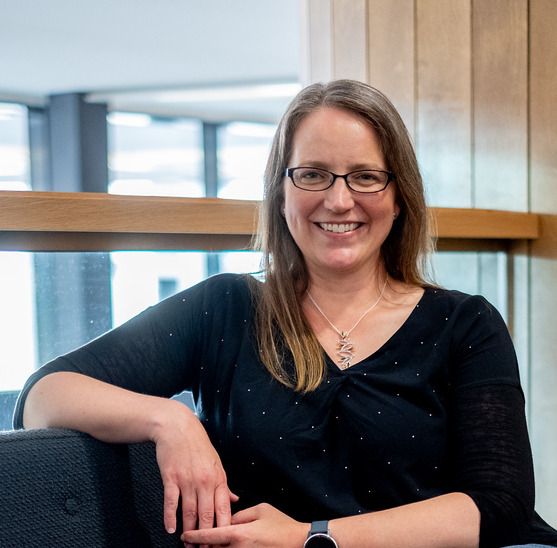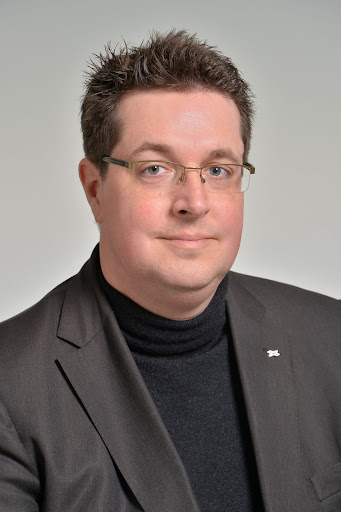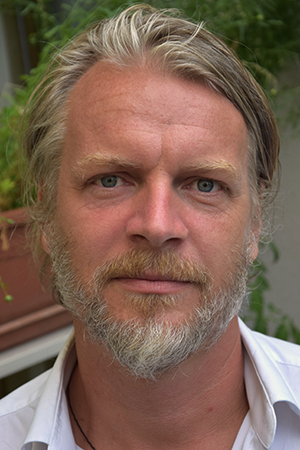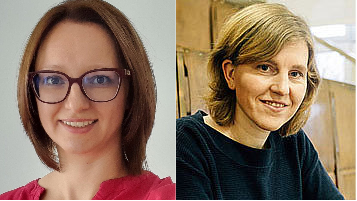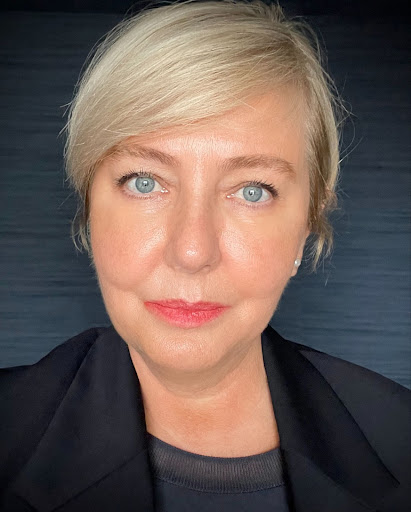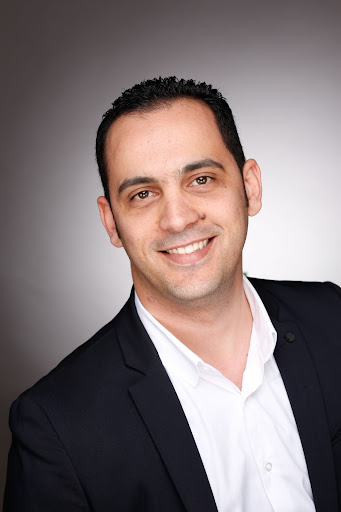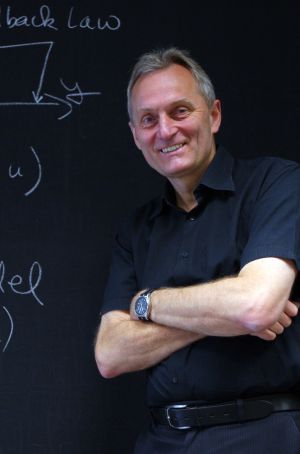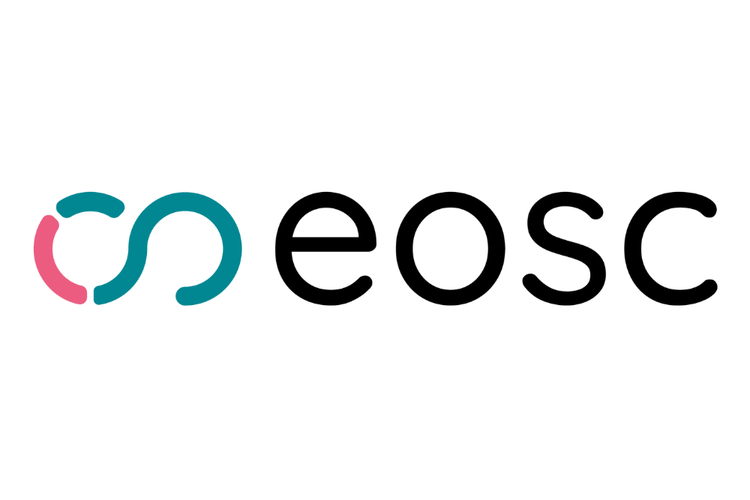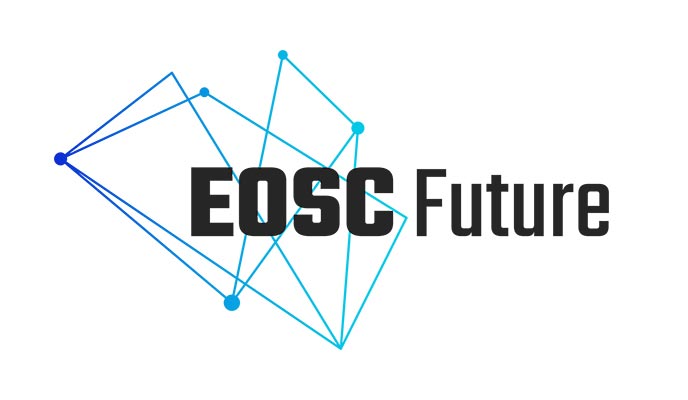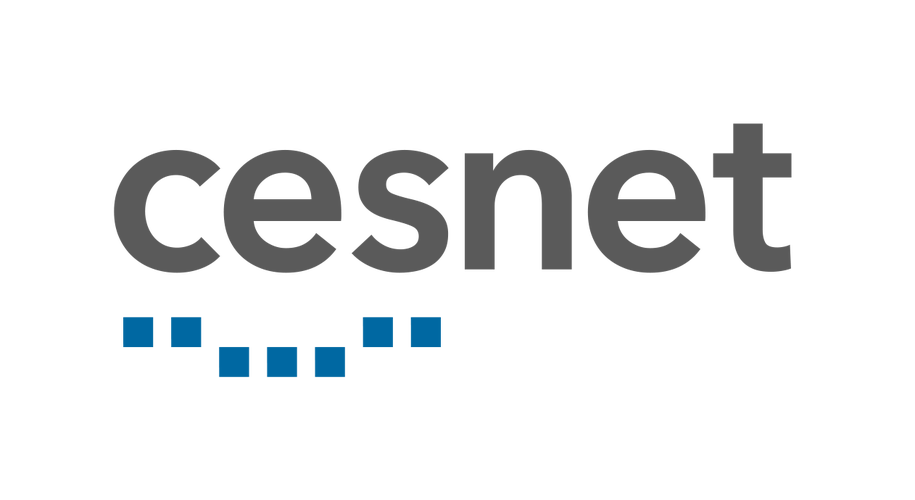FAIR enabling practices – Part B
About the session
This session is divided into multiple 8 minute talks about the topic of FAIR enabling practices. You can find more info about the talks, speakers and relevance for the EOSC below.
Agenda
| Timing | Topic | Speakers |
| 16.30 – 16.35 | Welcome | Sarah Jones (EOSC Engagement Manager, GÉANT) |
| 16.35 – | Talk #1 FAIRsharing: Curating resource relationships and building community engagement Presentation | Allyson Lister (ELIXIR-UK and FAIRsharing, University of Oxford) |
| Talk #2 Profiling ENVRIs’ FAIR Implementations via FIPs to drive convergence Presentation | Barbara Magagna (GO FAIR Foundation) | |
| Talk #3 Moving the domain of energy systems analysis towards FAIR data Presentation | Carsten Hoyer-Klick (German Aerospace Center) | |
| Talk #4 Data Quality in Open Science and Cross-Disciplinarity Perspective Presentation | Chris Schubert (Head of Media Management and Library-IT, TU Wien Bibliothek) | |
| Talk #5 Fostering the uptake of RDA indicators in Systems Biomedicine as a measure for model quality and FAIRness within the COMBINE community Presentation | Irina-Afrodita Balaur (Luxembourg Centre For Systems Biomedicine (LCSB), University of Luxembourg) Dagmar Waltemath (Medical Informatics Laboratory, University Medicine Greifswald, Germany) | |
| Talk #6 How the WIBE initiative follows the FAIR principles and open science requirements Presentation | Romain David (ERINHA) | |
| Talk #7 Notebooks – B2DROP – Binder Reproducible open science for the masses in EOSC Presentation | Giuseppe La Rocca (EGI Foundation) | |
| Talk #8 The FAIR Cookbook, an online resource of hands-on recipes for FAIR doers in the Life Sciences Presentation | Susanna-Assunta Sansone (University of Oxford and ELIXIR-UK) | |
| Talk #9 FAIR enabling practices in Mathematics research data Presentation | Volker Mehrmann (European Mathematical Society) | |
| – 17.55 | Talk #10 FAIR Data Spaces – a common data space for industry, science and society Presentation | Zeyd Boukhers (Fraunhofer Institute for Applied Information Technology) |
About the talks
Talk #1 – FAIRsharing works closely with its user community to aid discoverability of their data resources and to help enable FAIR data. The relationships we build (both at a social and a data level) are at the core of FAIRsharing, making us an essential part of the FAIR research data management landscape. We will describe these relationships within the context of EOSC, as an ELIXIR Recommended Interoperability Resource and through our participation in the RDA / EOSC Future Domain Ambassador Programme.
Through my RDA / EOSC Future Domain Ambassadorship for standards, repositories and policies I work with our communities for the mutual benefit of FAIRsharing and the communities themselves. This ambassadorship has initiated the FAIRsharing Community Curation Programme, which together with our record maintainers provide a network of cross-domain talent making it easier for researchers to find, share, and re-use data. In return, the visibility and accessibility of their resources within and outside their domain and among the wider RDA / EOSC membership is increased. FAIRsharing, an RDA-contributed element of the EOSC ecosystem, meets the needs of its diverse stakeholders and research communities by engaging with those same communities.
Talk #2 – ENVRI-FAIR’s overarching goal is to built a set of FAIR data services which enhances the productivity of researchers, (ii) supports innovation, (iii) enables data- and knowledge-based decisions and (iv) connects the ENVRI Cluster to the EOSC. The process started four years ago with an assessment of the FAIRness status every year in each RI, to identify their strengths as well as the gaps between their current status and to drive convergence between RIs. The assessment is done via a FAIR questionnaire in the FIP Wizard which allows for the community-based declaration on FAIR Enabling Resources (FERs). FERs are provided as a list of machine-actionable nanopublications composing the overall FAIR Implementation Profiles (FIPs) providing the basis for FAIR implementation plans for each RI.
Apart from the ENVRI-FAIR project FAIR Implementation Profiles are already in use as a FAIR Enabling practice by a number of Dutch institutions like ZonMw, Dutch Cancer Foundation, Danisch e-Infrastructure Corporation and Dutch health-related projects like VODAN Africa, TWOC and C4 Yourself but also European and international communities like EOSC Nordic, ODISSEI, NIAID/NIH Office of Data Science Strategy, WordFAIR project lead by CODATA. We are convinced that this approach will be a an important step forward towards FAIR implementation and will accelerate convergence onto the use of FAIR Enabling Resources across European Science.
Talk #3 – Modelling of future energy systems requires large amounts of heterogeneous input data and also generates heterogeneous result data across a number of scientific disciplines such as e.g. engineering, geography, social-sciences and economy. As this modelling work supports the transition to a more sustainable society, open and transparent modelling is important to inform the public debate. The domain of energy systems analysis is therefore moving towards FAIR data. In this talk we want to show an infrastructure we developed around the dbpedia databus, the open energy platform, open energy metadata, and the open energy ontology which eases open data sharing, semantic data searches, data discovery and interoperable data reuse within our modelling domain.
We developed a FAIR data sharing infrastructure which already follows the ideas of the EOSC and we would like on one hand to contribute the ideas and implementations towards the EOSC and on the other side make our infrastructure compatible to the EOSC within future development.
Talk #4 – Data quality is vital in ensuring credibility, legitimacy, traceability of Open Science and European Open Science Cloud. The “Data Quality” subgroup of the EOSC Task Force on FAIR metrics and Data Quality establishes frameworks to support conformity mechanisms to assure the technical readiness of research infrastructure services lowering the barriers to interoperable data sharing and re-use. The talk will give a broad overview of needs on standards, common principles, showcases, tools and concepts for data quality in diverse scientific environments, as well as pointing to commonalities and relevant opportunities (risks) deriving from improved (poor) data quality.
Dealing with data quality is accompanied/facilitated by various interests and complex issues regarding technical feasibility and finding the balance between pragmatic and ideal approaches. This complexity stems from insufficient or fragmented information on the level of detail for validation mechanisms and a lack (of overview) of applicable standards in a multidisciplinary environment. In order to consider this perspective broadly and objectively, this working group is carried by experts of different domains and experiences, which interact actively in collaboration with the ESIP Information Quality Cluster and the Australia-New Zealand Data Quality Interest Group and RDA.
Talk #5 – Biosimulation models incorporating multi-layered information have been developed to facilitate exploration of complex disease mechanisms. While they show potential as supporting tools for diagnosis and therapy, their use in clinical environment is still limited due to the lack of clear specifications on the model settings and kinetics to permit reusability and reduced reproducibility of model-based results. In this context, the RDA indicators for the FAIR principles are an exciting tool to estimate the quality of biosimulation models. We will report on the progress of applying RDA indicators to biosimulation models developed within the COmputational Modeling in BIology NEtwork (COMBINE) and we will present our strategy towards a community-level standardized FAIR evaluation.
This talk is part of our project “Fostering the uptake of RDA indicators in Systems Biomedicine as a measure for model quality and FAIRness within the COMBINE community”, funded by RDA EOSC Future Call for cross-disciplinary adoption. We will briefly present the work that has been done during three computational biomedical community meetings, namely COMBINE 2021 and HARMONY 2022 (prior the start of the current project) and COMBINE 2022, Oct. 2022 in Berlin (since the recent start of the current project).
Talk #6 – FAIR and open data is not a simple, static and achievable one-step process. Challenges emerge when structuring, sharing and opening up research data, multidisciplinary in particular. An iterative approach is necessary, above all, to achieve sufficient formalism for the data to be readable also by machines and to comply with the requirements of the Web of data. WIBE initiative shares marine ecotoxicology data on biomarkers monitoring, following FAIR principles and open science requirements. It aims to contribute and demonstrate at the regional scale of a public institute, that the practice and culture of open research is feasible, virtuous and shows how approval mechanisms by producers and consumers can be commonly put in place, so that the minimum vocabularies and metadata meet the needs.
Regional project WIBE was supported by the EOSC-Life project. A FAIR expert, with training and support materials built at an international level, helped to FAIRify data by increasing the FAIRness literacy. Reproductible support was provided to build semantic artefacts (data dictionary, DMP, naming conventions…) using EOSC Life and Research Data Alliance recommendations. FAIR Data principles were applied as possible as it was, considering technical (by design) aspects using cases studies already developed in the FAIR wp of EOSC-Life, and community improvement processes of each solution provided for each FAIR criteria were chosen based on EOSC guidelines and recommendations.
Talk #7 – The session provides concrete examples of how EOSC Future project brings together scientific communities and e-Infrastructures to build a federated system of systems.This session profiles the Science Projects (SPs), being developed by the EOSC Science Clusters (SCLs), with an emphasis on how they are establishing, refining or testing metadata standards to support transparency and reproducibility of research and repurposing of datasets in different contexts as well as making use of services from the EOSC Core and Exchange to support their work. The session will focus and present on the most developed use cases or Showcase Integration Stories to provide concrete examples of how EOSC is serving the science communities.
EOSC will provide an environment, targeted at the global open research commons, in which data can be brought together along with services to perform analyses, produce new knowledge and address societal challenges. The SPs in EOSC Future serve as examples of how joint projects can address major, if not global, challenges for Europe’s societies and how research infrastructures can align to support Horizon Europe’s missions within the EOSC. The five SCLs – ENVRI-FAIR, ESCAPE, EOSC-Life, PANOSC and SSHOC – have designed a set of SPs to drive integration of research infrastructure data and services (“composability”) between the science domains and, as they mature and become ready for production, demonstrate how services from EOSC-Core can be incorporated into the routine provisioning of research infrastructure services.
Talk #8 – Nowadays, FAIR guides data policy actions and professional practices in the public and private sectors. However, despite such global endorsements, the FAIR Principles are aspirational, remaining elusive at best, and intimidating at worst. To address the lack of practical guidance, and help with capability gaps, we have developed the FAIR Cookbook, an online resource of hands-on recipes for “FAIR doers” in the Life Sciences. Created by researchers and data managers professionals in academia, major pharmas and information service industries, the FAIR Cookbook covers the key steps in a FAIRification journey. It is already adopted by funders, and it is embedded in the ELIXIR and new projects, enhancing its sustainability: https://faircookbook.elixir-europe.org. The FAIR Cookbook pre-print is at https://doi.org/10.5281/zenodo.7156792
Created and managed by professionals who work every day with data in academia, pharmas and information service industries, the FAIR Cookbook is a live, open and collaborative resource. Its success is due to the timely delivery of specialized content, which fills the glaring gap between high-level FAIR Principles and their actual implementation in the Life Sciences. Our recipe for success is based on crediting expertise and contributions, promoting convergence and collaborations, acknowledging the diversity of approaches towards the desired level of FAIRness. Our presentation makes a call to use it, contribute to it, and adopt it. We also believe that this is a great example others could follow, because “it takes a village” to deliver FAIR.
Talk #9 – We discuss the requirements, tasks and challenges for FAIR enabling practices in Mathematics research data. The peculiar character and longevity requires specific processing, retrieval, and tools to deal with mathematical expressions, mathematical software, and mathematical models. Especially the appearance of mathematical expressions within plain text requires special adjustments to information technology to handle formulae for search, discovery, and recommendations. An important goal for mathematics in EOSC beyond making mathematics available in the framework, and interconnected with its applications in other areas, would be to facilitate the power of the OpenAire infrastructure available in EOSC to support mathematics information components.
Mathematical data are essential for developments in almost all key technologies. These include mathematical formulas, mathematical models and mathematical software tools. The current EOSC framework is not properly reflecting the FAIR treatment of such data.
Talk #10 – The project FAIR Data Spaces aims at creating a common data space for industry and science. It brings together the two initiatives Gaia-X and the German National Research Data Infrastructure (NFDI). But how can these existing initiatives of both worlds converge to share data and knowledge across the boundaries of these different domains? How do synergies and fruitful collaborations come about? FAIR Data Spaces pursues the formation of a common community by linking the initiatives organizationally, legally, technically and practically. This allows the creation of building blocks for overarching data spaces along common principles that will act as nuclei for a fair data economy.
Both FAIR Data Spaces and EOSC pursue data exchange and interoperable infrastructures based on the FAIR principles that can be connected and utilised on a national and European level. EOSC focuses on the science domain, FAIR Data Spaces aims at connecting science and industry. Connecting the two communities will help to create a strong shared community for data spaces. With NFDI as a mandated member of EOSC and project participant in FAIR Data Spaces, an initial connection exists that can be built upon in the future.
(RE)WATCH
Do you want to (re)watch the session? Take a look below.
If you want to (re)live the full Symposium? Take a look at the EOSC Portal youtube channel.
